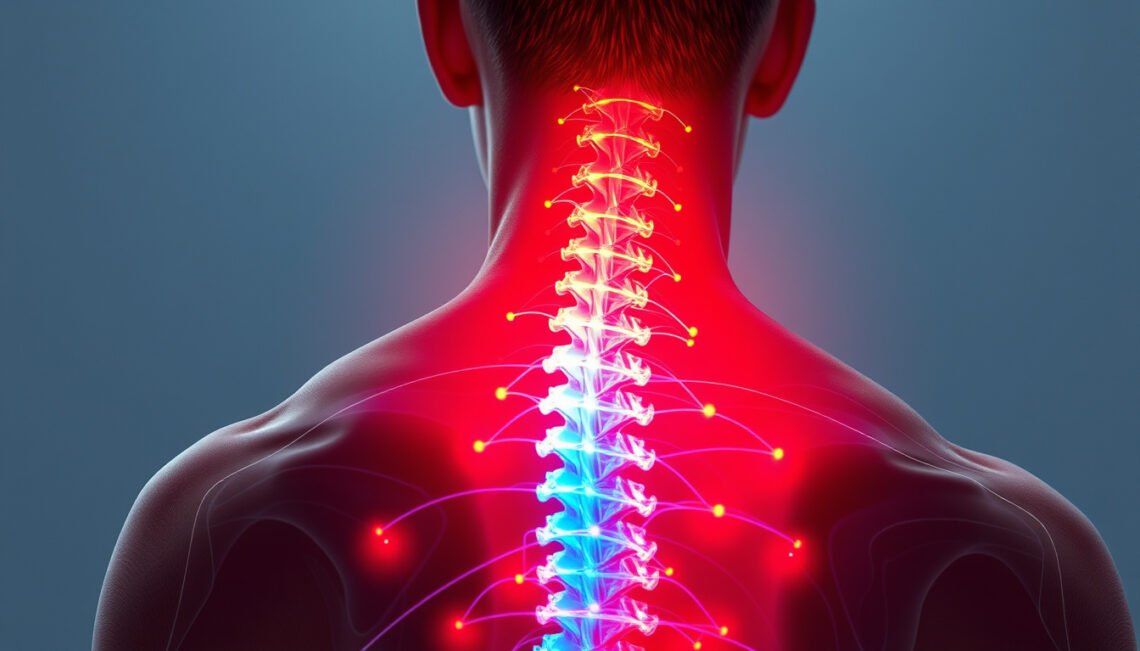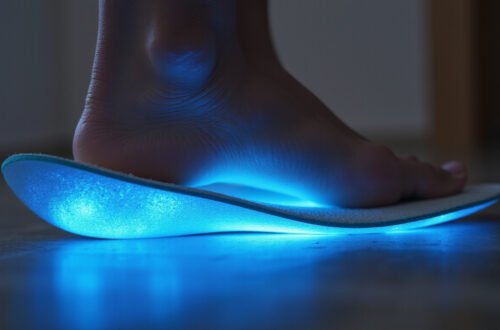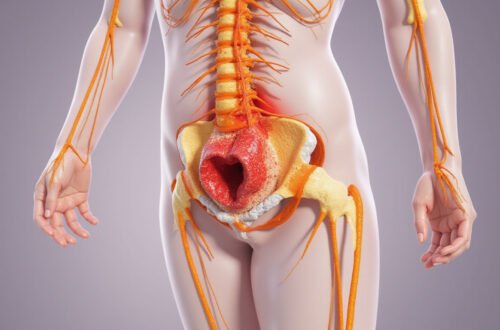Nerve compression is a common yet often misunderstood condition that can significantly impact your daily life. Whether it’s caused by poor posture, injury, or repetitive strain, nerve compression occurs when surrounding tissues press against a nerve, disrupting its normal function. Recognizing the causes, symptoms, and available treatments for nerve compression is essential for effective management and relief. In this comprehensive guide, we will explore everything you need to know about nerve compression, helping you make informed decisions toward better health and well-being.
What Is Nerve Compression?
Nerve compression refers to the condition where a nerve is squeezed, pinched, or pressured by surrounding tissues such as bones, muscles, cartilage, or tendons. This pressure interferes with the nerve’s ability to transmit signals properly, leading to pain, numbness, tingling, or weakness in the affected area. Nerve compression can occur anywhere in the body but is most common in the neck, back, and limbs.
Understanding nerve compression is crucial because if left untreated, it can cause chronic pain and permanent nerve damage. Recognizing the early signs and seeking appropriate treatment can drastically improve outcomes.
Common Causes of Nerve Compression
Several factors can lead to nerve compression, often involving structural changes or repetitive activities. Here are some prevalent causes:
1. Herniated Discs
A herniated or slipped disc in the spine occurs when the soft core protrudes through the outer disc layer, pressing on nearby nerves. This is a common source of nerve compression, particularly in the lumbar (lower back) and cervical (neck) regions.
2. Bone Spurs and Arthritis
Over time, conditions like osteoarthritis can cause bone spurs—bony projections that encroach on nerve pathways, leading to compression symptoms.
3. Repetitive Movements and Poor Posture
Frequent repetitive tasks or sustained poor posture can strain muscles and tissues, causing swelling and inflammation that compress nerves, especially in the neck, wrists (carpal tunnel syndrome), or lower back.
4. Injury and Trauma
Accidents, falls, or sports injuries can result in swelling, swelling, and structural damage, ultimately compressing nerves.
5. Tumors or Cysts
Though less common, growths such as tumors or cysts pressing on nerves may also cause nerve compression.
Recognizing the Symptoms of Nerve Compression
Symptoms vary depending on the nerve affected and the severity of compression. Common signs include:
- Pain: Sharp, aching, or burning pain localized near the affected nerve or radiating along its pathway.
- Numbness and Tingling: A prickling sensation, often described as “pins and needles,” typically in the limbs or extremities.
- Weakness: Reduced strength or coordination in muscles served by the compressed nerve.
- Loss of Sensation: Severe nerve compression may cause numbness or decreased sensitivity.
- Digestive or Bladder Issues: In rare cases, nerve compression in the lower spinal region can affect bowel or bladder control.
Early detection of these symptoms is vital for preventing long-term nerve damage. If you experience persistent or worsening symptoms, consult a healthcare provider promptly.
Diagnosis of Nerve Compression
Proper diagnosis involves a comprehensive clinical evaluation that includes:
- Medical History and Physical Exam: Identifying symptom patterns and neurological deficiencies.
- Imaging Tests: MRI (Magnetic Resonance Imaging) and CT scans visualize soft tissues and bones, pinpointing causes of compression.
- Electrodiagnostic Tests: Nerve conduction studies and electromyography assess nerve function and pinpoint nerve damage.
Consulting an experienced healthcare professional ensures accurate diagnosis and tailored treatment planning.
Effective Treatments for Nerve Compression
Treatment varies based on severity and underlying cause. The goal is to relieve pressure on the nerve, reduce inflammation, and restore normal function. Here are common options:
1. Conservative (Non-surgical) Approaches
- Rest and Activity Modification: Avoiding activities that worsen symptoms can reduce nerve irritation.
- Physical Therapy: Targeted exercises and stretches improve posture, strengthen supporting muscles, and relieve nerve pressure.
- Medications: Nonsteroidal anti-inflammatory drugs (NSAIDs), corticosteroids, or nerve pain medications help reduce inflammation and pain.
- Epidural Steroid Injections: For severe cases, localized steroid injections can provide significant relief by reducing inflammation around the nerve.
2. Surgical Interventions
When conservative treatments fail, surgery may be necessary to decompress the affected nerve. Common procedures include:
- Discectomy: Removing herniated disc material pressing on nerves.
- Laminectomy: Removing part of the vertebra (lamina) to enlarge the spinal canal.
- Nerve Decompression Surgery: Specific procedures aimed at relieving nerve pressure caused by bone spurs, cysts, or tumors.
3. Lifestyle and Preventive Measures
Preventing nerve compression involves maintaining good posture, practicing ergonomic habits, and engaging in regular exercise. Additionally:
- Maintain a healthy weight to reduce undue pressure on spinal structures.
- Practice stretching and strengthening exercises regularly.
- Use ergonomic tools and support devices to reduce strain during daily activities.
7 Tips to Prevent Nerve Compression
Preventing nerve compression is often achievable through lifestyle modifications. Here are some practical tips:
- Maintain good posture during seated and standing activities.
- Take frequent breaks during repetitive tasks.
- Use ergonomic furniture and tools.
- Keep your weight within a healthy range.
- Engage in regular physical activity to strengthen muscles.
- Avoid prolonged static positions.
- Seek prompt treatment for injuries or pain signs.
Frequently Asked Questions about Nerve Compression
Q1: How long does it take for nerve compression to heal?
A: The healing time depends on the severity and cause. Mild cases may improve within weeks with conservative treatment, while more severe cases might require surgical intervention and longer recovery periods. Always consult a healthcare professional for personalized guidance.
Q2: Can nerve compression cause permanent nerve damage?
A: Yes, if left untreated. Chronic nerve compression can lead to nerve degeneration or permanent weakness and numbness. Early diagnosis and treatment are crucial to prevent irreversible damage.
Q3: Is nerve compression the same as pinched nerve?
A: Yes. “Pinched nerve” is a common layman’s term for nerve compression, describing the same condition where surrounding tissues press on a nerve.
External Resource for Further Reading
For more detailed information about nerve health and related conditions, visit the Mayo Clinic’s guide on nerve disorders (source).
Take Action for Your Nerve Health Today
If you suspect you’re experiencing symptoms of nerve compression, don’t delay seeking professional medical advice. Early intervention can prevent complications and restore your quality of life. Incorporate healthy habits, maintain proper posture, and consult healthcare providers for personalized treatment options. Remember, understanding nerve compression is the first step toward relief and long-term wellness.
Your nerves are vital for everyday function—take care of them today!






